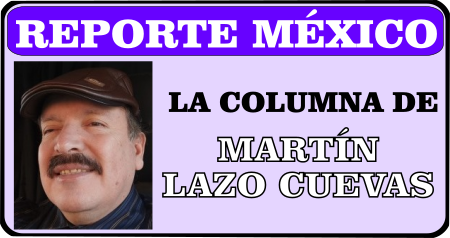MARTÍN LAZO CUEVAS: Holy Week: A Bilingual Celebration That Unites Two Nations

Binational and Bilingual Editorial Column
By Martín Lazo Cuevas – Editor-in-Chief, Centro Aztlán Raíces y
Renacimiento, Consejo Mayor de Comunidad Mexicana
Every year, as Holy Week approaches, millions of people on both sides of
the border reconnect with an ancient story that strengthens not only
faith but also cultural and family bonds.
From April 13 to April 20, 2025, we will once again experience a time of
deep reflection, collective devotion, and reconnection with our
spiritual roots. For Mexicans—whether in our native towns or in major
U.S. cities—this week is more than a liturgical calendar; it is a living
affirmation of our identity.
In Mexico, the streets become open-air sanctuaries. Processions,
Stations of the Cross, reenactments of Christ’s sacrifice, and family
gatherings turn this week into sacred time. Communities like Iztapalapa,
Taxco, and San Luis Potosí are known for their intense and heartfelt
devotion.
On the other side of the border, migrant communities replicate these
traditions with creativity and hope. Catholic and evangelical churches,
cultural centers, and Latino households in cities like Los Angeles,
Chicago, and Houston become places of celebration and spiritual
reflection.
Although the United States does not officially recognize Holy Week as a
national holiday, millions of people live it intensely—blending faith
and culture. Schools, churches, and community centers often host
bilingual events, processions, and activities for younger generations.
Let us remember that Holy Thursday and Good Friday are official public
holidays in Mexico, while in the U.S., many families take school breaks
or personal time to observe this sacred season.
Beyond dates and rituals, Holy Week is a chance to remember that our
binational community shares something far more powerful than a border:
we share memory, spirituality, and the hope for justice and peace.
Let us live this Holy Week with gratitude, with faith, and with the
conviction that as long as culture and community endure, no wall can
divide us.